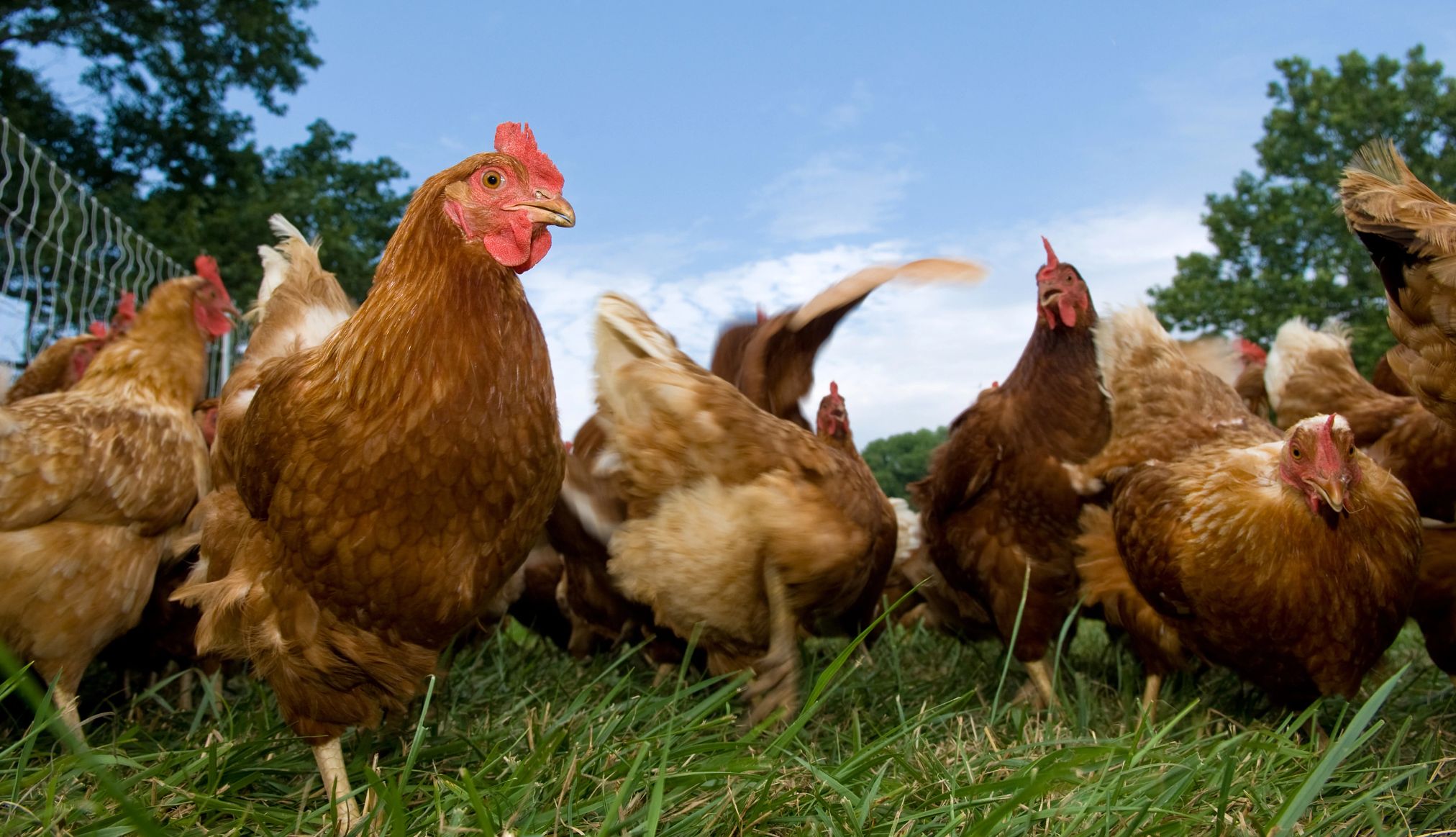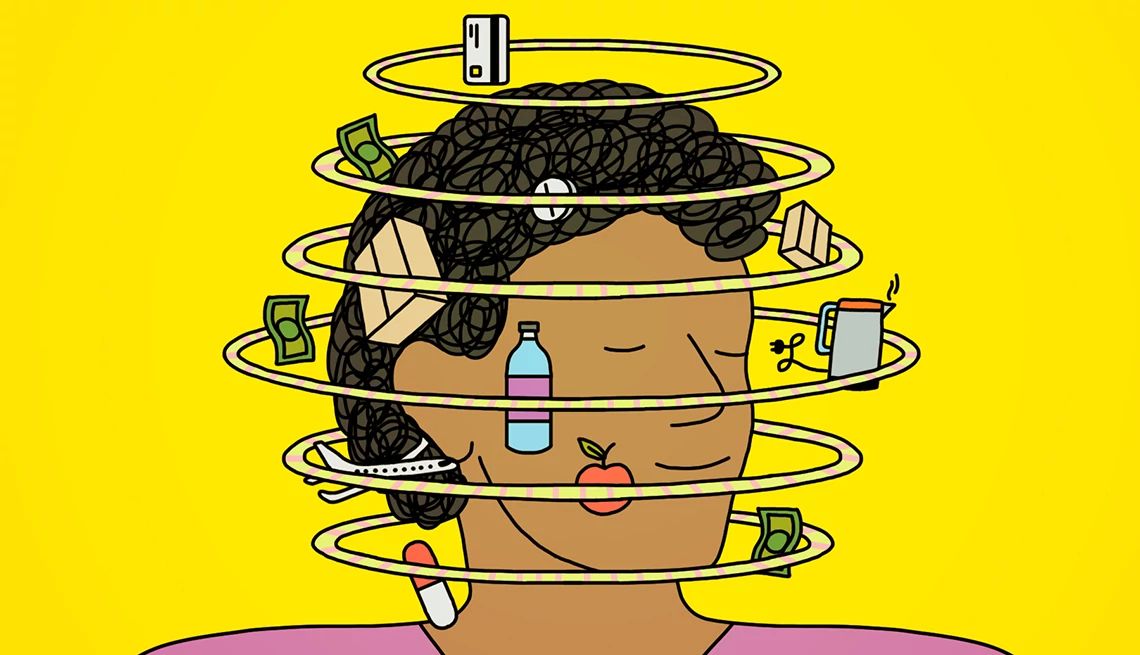AARP Hearing Center


An outbreak of salmonella has been linked to backyard poultry such as chickens and ducks, with 109 people infected and 33 hospitalized across 29 states, the Centers for Disease Control and Prevention announced.
These outbreaks can occur annually and often coincide with the increase in the number of chicks purchased in the spring, the CDC said.


AARP Membership— $12 for your first year when you sign up for Automatic Renewal
Get instant access to members-only products and hundreds of discounts, a free second membership, and a subscription to AARP the Magazine. Find out how much you could save in a year with a membership. Learn more.
Last year, there were reports of 1,072 people sickened from contact with chickens and ducks in their backyards.
This year’s documented infections occurred between Feb. 28 and April 30. Sick people range in age from under 1 to 93. However, almost half are children under 5.
The CDC believes the true number of infections is likely higher than the total reported because people are not regularly tested for salmonella and many who are infected recover without medical care. It takes up to four weeks for health officials to determine if a sick person is part of an outbreak.
Advice to backyard flock owners
1. Wash your hands. The CDC advises that you always wash your hands with soap and water right after touching birds, their eggs or anything else where birds roam. Use hand sanitizer if soap and water are not available.
2. Supervise children. Adults should supervise young children who are cleaning their hands after touching birds. Children younger than 5 shouldn’t handle birds, since those children are more prone to get sick.

































































More From AARP
8 Major Health Risks for People 50 and Older
A look at the top killers — and how to dodge them
Surviving Salmonella: How One Patient Beat Foodborne Illness
Older adults are more susceptible to severe food poisoning
Backyard Chicken Ownership Continues Its Boom
High cost of eggs and scarcity prompting renewed interest
Recommended for You